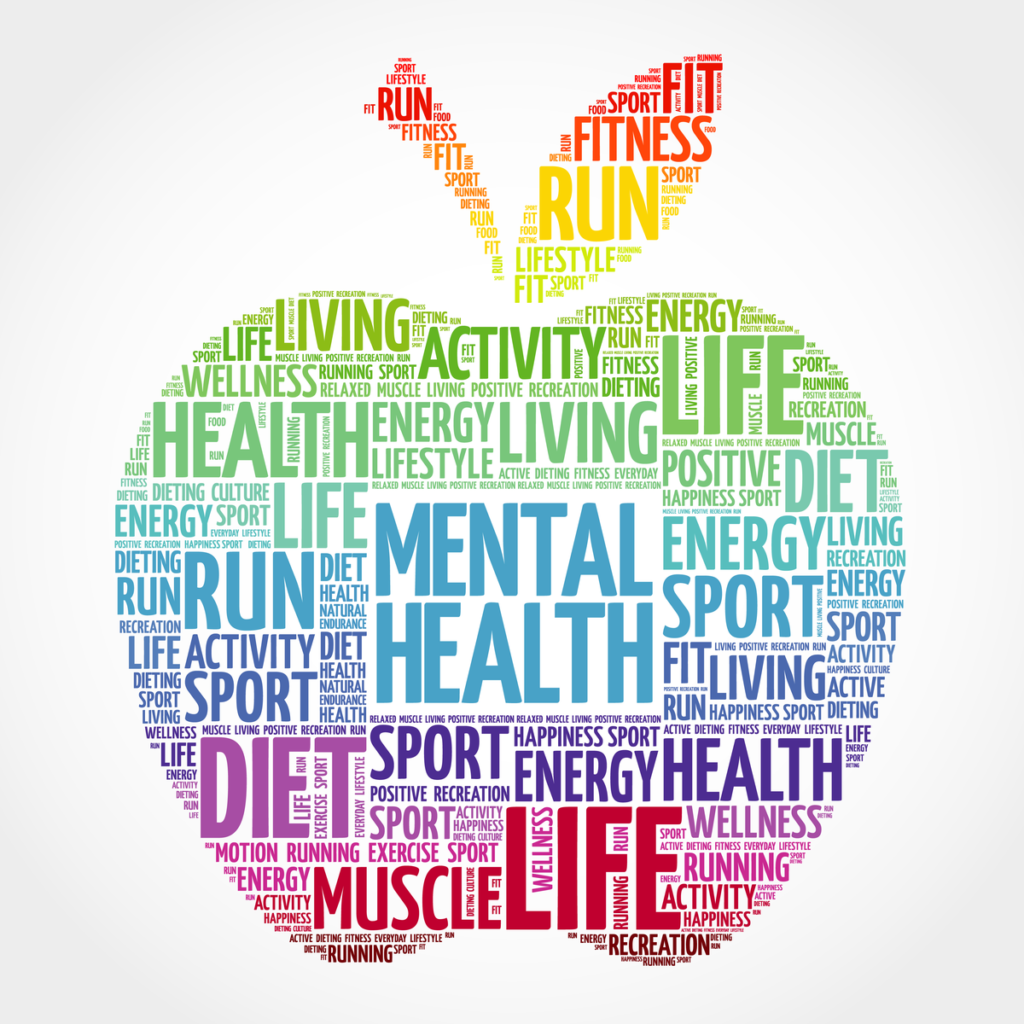Wellbeing and Mental Health in Performance Sport

The Insight
Evidence suggests that elite athletes can become susceptible to mental ill-health and lowered psychological wellbeing as they must manage the pressure associated with their sport/role while also coping with significant non-sporting demands. Moreover, individuals within the sport performance setting appear reluctant to seek support for any mental health concerns they may have due to stigma and the perceived need to portray mental toughness. This can exacerbate any wellbeing or mental health issues experienced.
In response to the Duty of Care Review (2017) and Future Generations (Wales) Act (2015), the project aimed to:
- examine the factors which influence (positively & negatively) the wellbeing and mental health of athletes across Welsh performance sports;
- devise, implement, and evaluate a bespoke and evidence-based intervention that can maintain/enhance athletes' wellbeing and mental health within each participating sport.
The Challenge
To understand the factors which influence (positively & negatively) the wellbeing and mental health of athletes, the research conducted a comparative case study with two National Governing Bodies (NGB's). Data for the case studies were collected through interviews, observations, and athlete diaries, which evidenced a range of factors that can affect the athletes' wellbeing and mental health (i.e., protective and risk factors). Those protective and risk factors were cultural (e.g., perceived culture of toughness & mental health stigma), environmental (e.g., teammate competition and positive sport science practitioner social support), and individual (e.g., limited mental health awareness & body image concerns).
The second phase of the project was to implement and evaluate an evidence-based intervention. The intervention aimed to enhance athlete psychological wellbeing/mental health within the sport performance setting through addressing negative attitudes towards mental health (i.e., stigma) and through eliciting changes within the sporting environment.
As a result, an educational series via a podcasts platform was produced to improve knowledge of wellbeing and mental health. The series explored various topics which aligned with the factors which affected the athletes' wellbeing as identified through the first part of the project (i.e., understanding wellbeing and mental health, the importance of rest, weight, and performance, and managing conflict). This series was developed with a range of sports science and medicine practitioners and mental health researchers.
The intervention also developed online resources (i.e., infographics), which provided detailed information in relation to mental health symptoms and provided easy access to mental health support via charities. Finally, sport-specific, evidence-based environmental recommendations were provided to each NGB to promote, maintain and/or enhance wellbeing and mental health within their performance settings.
The Impact
By understanding the range of factors that may impact athletes' wellbeing and mental health (positively and negatively), an evidence-based intervention has been designed and implemented, which aims to enhance the wellbeing and mental health of athletes within the two NGB's. The NGBs can access the intervention and associated resources (podcasts / infographics) as required to provide their athletes and coaches with information that can support their wellbeing and mental health.
The current evaluation is ongoing, which aims to understand the impact of the intervention. However, the initial evaluation is promising, for it indicates that athletes are gaining knowledge from the podcasts. One individual has stated that "It's nice to hear a scientific approach to mental health, and I've definitely learnt some things, which is cool! I think listening to the pod is great for me to understand things I see in other people".
Similarly, the infographics have provided accessible information for the athletes, with one individual expressing, "easy access means that I will not have to go searching when I feel in a bad way mentally. Having the information there at hand can be lifesaving."
What did we learn?
• A range of cultural, environmental, and individual factors can positively and negatively affect athletes' wellbeing and mental health. • Interventions need to target multiple factors when aiming to enhance and protect athlete wellbeing and mental health. • Recommendations to maintain/enhance wellbeing and mental health need to be environmental specific, as factors can vary across sports. • Podcasts can provide a platform for enabling athletes to self-care for their wellbeing and mental health, and for coaches to understand how to support their athletes' wellbeing and mental health (NB: further evaluation is needed to understand the longer-term impact) • Infographics resources can provide quick and informative material which can support athletes' wellbeing and mental health needs (NB: further evaluation is necessary to understand the longer-term impact).